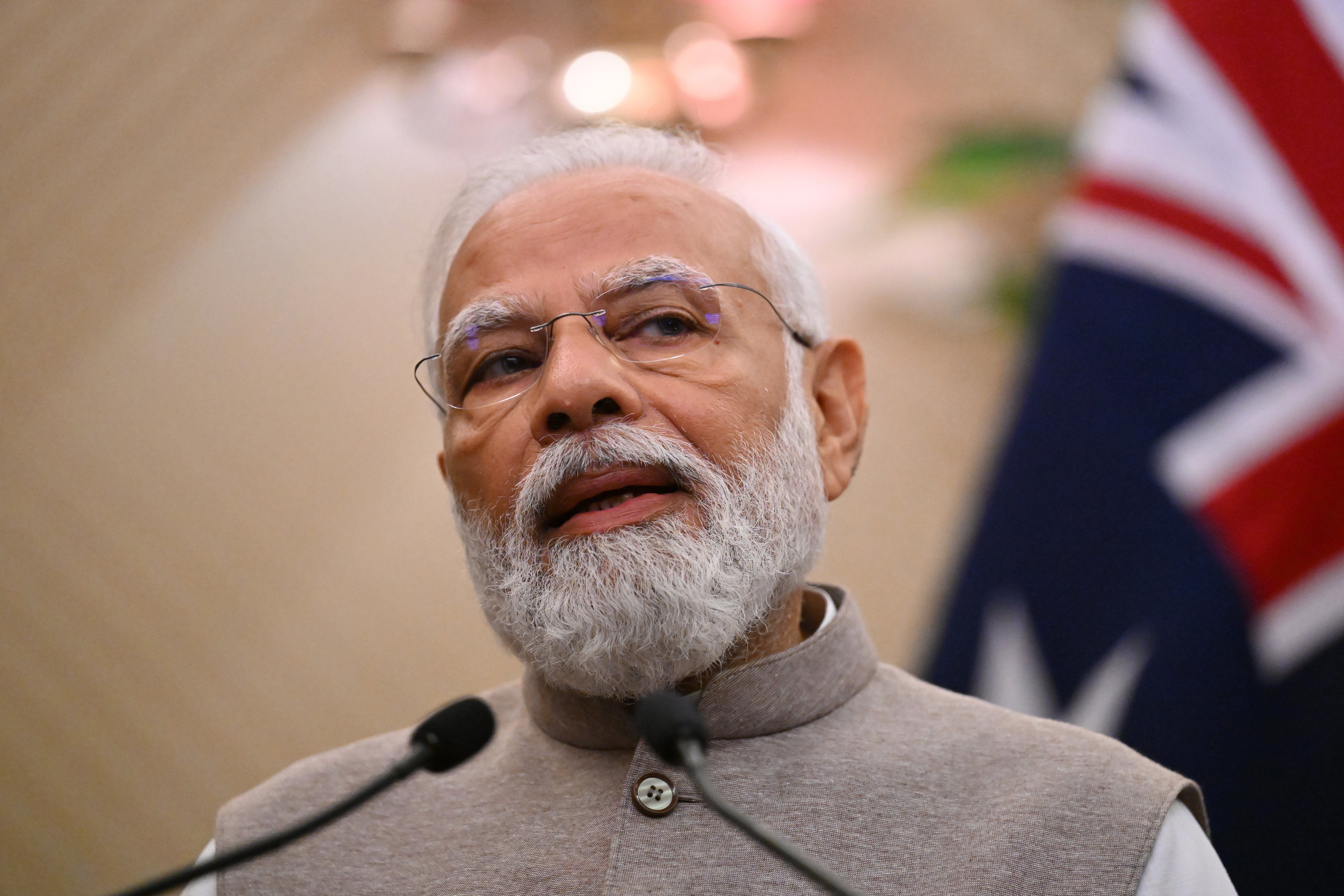Indian Prime Minister Narendra Modi says his country will crack down on illegal migration to the United States. The announcement, which came before Modi’s meeting next week with US President Donald Trump in Washington, is part of an effort to head off a possible trade war.
What moves is Modi making? Delhi has made a series of concessions in the past few weeks. On Saturday, itrevised its tariff system, slashing levies on a broad range of imported US goods, from textiles to motorcycles, including Harley Davidsons, whichTrump had repeatedly raised. Modi has also agreed to accept 18,000 Indian nationals currently on the US deportation list and to keep the US dollar as India’s trading currency. The US had a$45.7 billion trade deficit in goods and services with India in 2022.
But a backlash is brewing. Modi is facing anger at home after a US military transportflew 104 Indian nationals in shackles to Amritsar on Wednesday. Foreign Minister S. Jaishankarmaintained that US authorities followed “standard procedure,” but deportees tell a different story, describing a 40-hour flight in restraints.Opposition leaders called the deportations "deplorable and unacceptable” and demanded that they be conducted under humane conditions in the future. We’ll be watching whether future flights go differently – and whether or not tariffs follow.
